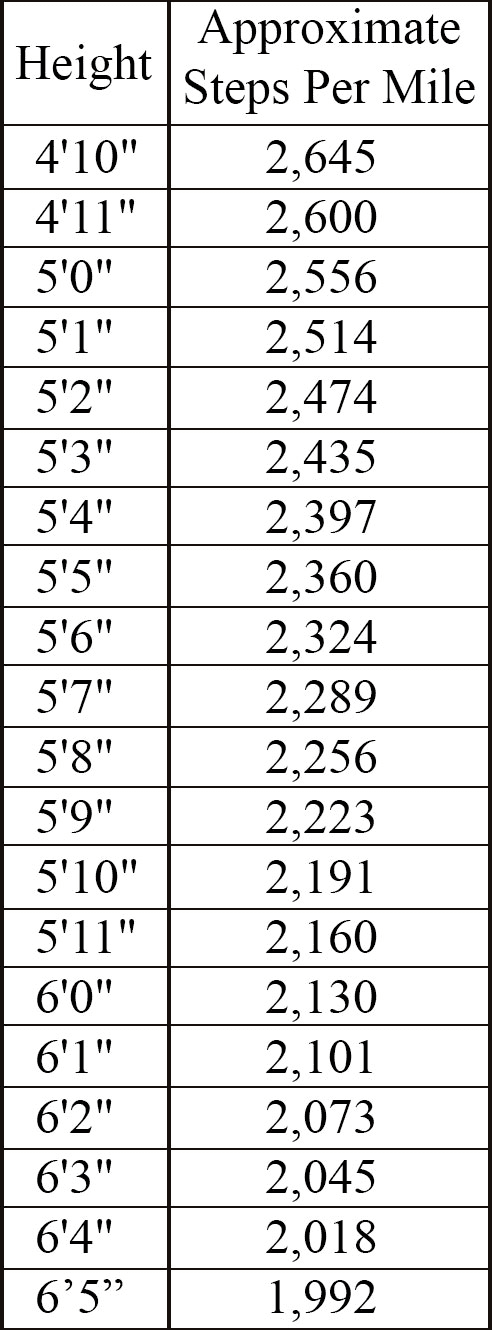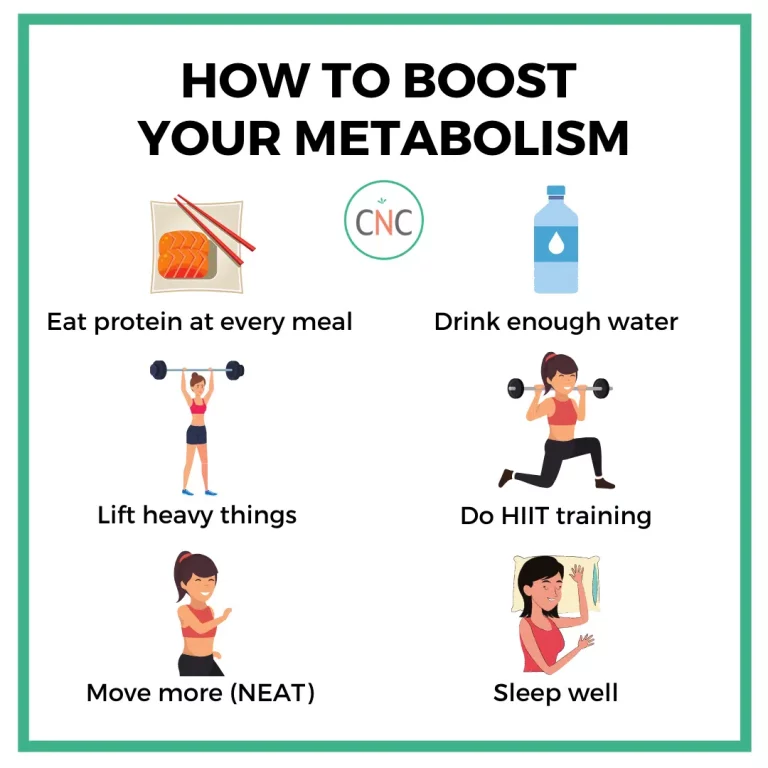How Many Marathon Per Year
There is no set limit to how many marathons you can run in a year. Many runners aim for 2-5 marathons annually to allow for proper recovery and training.
Running a marathon is a significant physical and mental challenge that requires dedication and training. Participating in multiple marathons in a year can be a rewarding way to test your endurance and explore different race experiences. However, it’s important to approach multiple marathons with caution to avoid overtraining and burnout.
Balancing adequate recovery time with consistent training is key to successfully completing multiple marathons in a year. Additionally, choosing races that are spread out throughout the year and align with your fitness level and goals can contribute to a positive and fulfilling marathon experience.
The Benefits Of Running Marathons
Running marathons offers numerous advantages for both the body and mind. Not only does it provide physical benefits, but it also contributes to mental well-being. Let’s delve into the details and explore the positive impacts of running marathons.
Physical Benefits
Running marathons is an excellent way to maintain and improve physical fitness. Here are some key physical benefits:
- Enhanced cardiovascular health and strengthened heart muscles.
- Improved lung capacity and increased stamina.
- Weight loss and better body composition.
- Boosted metabolism and improved digestion.
- Reduced risk of chronic diseases, such as heart disease, diabetes, and certain cancers.
- Stronger bones and decreased risk of osteoporosis.
- Increased muscle strength and endurance.
A marathon training program typically involves a combination of long runs, interval training, and strength exercises. This comprehensive approach not only prepares the body for endurance but also enhances overall physical well-being.
Mental Benefits
Running marathons not only benefits the body but also has remarkable positive effects on mental health:
- Reduced stress and anxiety levels.
- Increased production of endorphins, the body’s natural mood boosters.
- Enhanced mental resilience and determination.
- Improved self-esteem and self-confidence.
- Better concentration and cognitive function.
- Relief from symptoms of depression.
- Improved sleep quality.
The long-distance nature of marathons requires mental fortitude and discipline, which translates into better emotional well-being. It provides an opportunity to challenge oneself and push beyond limits, leading to a sense of achievement and increased mental strength.
Overall, running marathons offers numerous benefits for both the body and mind. It is a powerful tool to improve physical fitness, reduce the risk of chronic diseases, and enhance mental well-being. Whether you are a seasoned marathon runner or a beginner, the rewards of this challenging yet rewarding endeavor are worth every step.
Factors To Consider Before Running Multiple Marathons
Running multiple marathons in a year can be a challenging yet rewarding endeavor. However, there are important factors to consider before embarking on this journey. It’s essential to assess various aspects such as training intensity and recovery periods to ensure a safe and effective approach to running multiple marathons. Let’s delve into these crucial factors.
Training Intensity
When considering multiple marathons, the intensity of your training regimen plays a significant role. Ensure that your training program adequately prepares you for the physical demands of each marathon. Balancing sufficient mileage with proper rest is crucial to prevent overtraining and reduce the risk of injury.
Recovery Periods
Recovery periods between marathons are vital for allowing your body to heal and adapt. It’s important to schedule adequate rest and recovery time after each marathon. Prioritizing proper nutrition, hydration, and sufficient sleep can facilitate efficient recovery and minimize the risk of burnout or injury.
Common Injuries Associated With Running Marathons
Overuse Injuries
Marathon running can lead to various overuse injuries which are commonly seen among runners. These injuries include stress fractures, tendinitis, and muscle strains caused by the repetitive and high-impact nature of long-distance running. Overuse injuries often occur due to the lack of proper rest periods and excessive strain on the body, particularly the lower limbs.
Proper Injury Prevention
Preventing injuries associated with running marathons requires the implementation of proper training techniques and adequate rest. To minimize the risk of overuse injuries, it is important for runners to incorporate cross-training and strength training into their routines. Proper footwear and gradual increases in mileage are also essential in injury prevention. Additionally, runners should pay attention to their nutrition and ensure they are getting enough recovery time post-marathon to allow for proper healing and reduced risk of injury in the future.

Credit: liftrunrest.com
Nutritional Strategies For Marathon Runners
Proper nutrition plays a crucial role in the performance and recovery of marathon runners. Understanding the right nutritional strategies can help athletes maximize their potential and achieve their goals. In this blog post, we will discuss the importance of pre-race, during and post-race nutrition for marathon runners. Whether you’re a seasoned runner or a beginner, these tips will help you fuel your body effectively for long-distance running. Let’s delve into the world of marathon nutrition and discover the best practices for optimal performance.
Pre-race Nutrition
Preparing your body for a marathon starts with a well-planned pre-race nutrition strategy. Here are key tips to consider:
- Carbohydrate Loading: Increasing your carbohydrate intake in the days leading up to the race can help fuel your muscles and enhance glycogen stores. Aim to consume complex carbohydrates such as whole grains, fruits, and vegetables.
- Hydration: Staying hydrated is essential before a marathon. Drink plenty of water and electrolyte-rich fluids in the days leading up to the race. Avoid excessive caffeinated or sugary beverages, as they can dehydrate your body.
- Meal Timing: Have a balanced meal that includes carbohydrates, protein, and healthy fats 2-3 hours before the race. This allows time for digestion and prevents discomfort during the run.
- Snack Smart: If you need a snack closer to the race, choose easily digestible options such as a banana, a handful of nuts, or a sports energy bar. Avoid heavy or high-fiber foods that may cause digestive issues.
During And Post-race Nutrition
During the race: Sustaining your energy levels during a marathon is crucial. Consider the following strategies:
- Hydration: Drink water or electrolyte beverages at regular intervals to replace fluids lost through sweat.
- Carbohydrate Fuel: Consume easily digestible carbohydrates like energy gels, sports drinks, or bites to maintain glycogen levels and provide an immediate energy boost.
- Salt Intake: Sodium is lost through sweat, and replenishing it is essential to maintain electrolyte balance. Consider salted snacks or electrolyte tablets to keep this crucial mineral in check.
Post-Race: Proper recovery nutrition is fundamental for optimal muscle repair and glycogen replenishment. Follow these guidelines:
- Hydrate: Start by rehydrating with water or electrolyte-rich fluids to replenish fluids lost during the marathon.
- Replenish Carbohydrates: Consume complex carbohydrates within 30 minutes to 1 hour post-race to replenish glycogen stores. Good options include whole grains, potatoes, or sports recovery drinks.
- Protein for Muscle Recovery: Include a source of lean protein to aid in muscle repair and recovery. Choices such as chicken, fish, tofu, or Greek yogurt can provide the necessary amino acids.
- Antioxidant-rich Foods: Incorporate fruits and vegetables into your post-race meal to promote overall recovery and reduce inflammation.
Alternatives To Running Multiple Marathons Per Year
Ultra Marathons
For those seeking a greater challenge, ultra marathons offer distances beyond the traditional 26.2 miles.
Triathlons
Triathlons combine swimming, biking, and running, providing a diverse and engaging alternative to marathon running.

Credit: www.milebymileblog.com

Credit: blog.coachparry.com
Frequently Asked Questions For How Many Marathon Per Year
How Many Marathons Should You Do In A Year?
Runners should aim for 2-4 marathons per year to prevent injury and allow proper recovery. Striking a balance is key.
How Many Marathons Are There Per Year?
There are many marathons held every year, with the number varying depending on the location and popularity of the event.
When Can I Start Running Again After A Marathon?
You can start running again after a marathon in about 1-3 weeks, depending on your recovery. Listen to your body and gradually increase intensity to prevent injury. Consult with a doctor if you have any concerns. Remember to rest and allow your body to heal before resuming training.
Conclusion
Deciding how many marathons to run per year is a personal choice that should consider various factors like fitness level, training commitment, and recovery time. It’s important to listen to your body and prioritize your well-being. Whether you choose to run multiple marathons or focus on one, remember to set realistic goals, stay consistent with training, and enjoy the journey.
Happy running!






